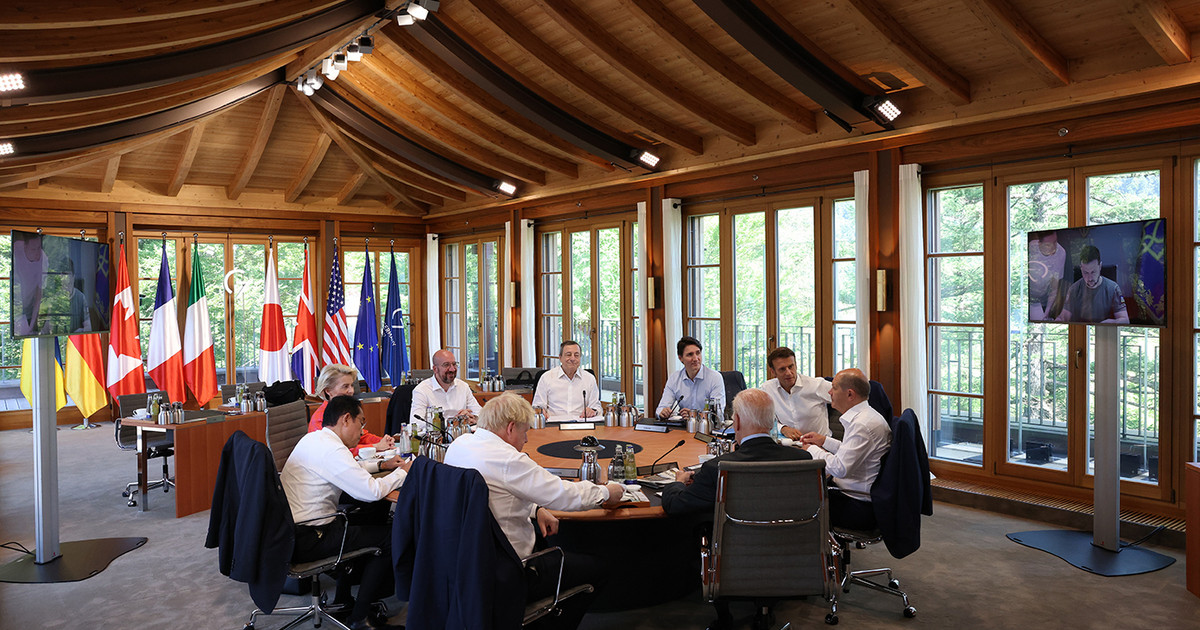
There are many conspiracy theories related to the new coronavirus and, as Ulrike Seicher of the Austrian Federal Office for Sectarian Affairs pointed out in an international press conference, they have now become not only more frequent, but increasingly extreme and irrational.
For her part, the Austrian Chancellor Susanne Raab warned that the developments should not be underestimated, noting that the main issue at the moment is the dangers for children.
The far right now sees for itself an “opportunity of the century”, underlined Interior Minister Carl Nehammer.
As Susanne Raab noted, the development is “particularly dangerous” because “irrational theories” about vaccinations, masks and tests “often have an anti-Semitic core”, and the invasion of the US Capitol shows how serious the issue must be, as well as the plans of a group in Austria to launch attacks on the police.
Carl Nehamer assured that decisive action will be taken against such moves, the groups will be identified and identified, while Michael Sersher, head of the “Together Safe” Initiative in the Federal Forensic Service, announced a military news agency.
This will include a social media awareness campaign, regular meetings on security issues with the participation of citizens, an information leaflet that will be available in all police departments, and a more intensive collaboration with Science on false news, as broadcast by the Athens News Agency.
Who are the people who believe in conspiracy theories?
The head of the Federal Office for Heresies explained that the group of conspiracy theorists is characterized by heterogeneity, stressing that “People who believe in myths come from the middle of society” and among them are also many people who come from the apolitical or left-alternative space, and sometimes there is also an affinity with introversion.
What makes conspiracy theories difficult to deal with is that it is a pseudo-religious worldview that is not vulnerable to arguments, and needs a humane approach to treating these people, she said.
At the same time, he noted that, however, it is important to take a very clear position on myths and right-wing extremism, that is, that any skepticism in a crisis is not a conspiracy theory, as, “anyone who worries about a short-lived vaccine does not belong to this group “.
The interior minister pointed out that right-wing extremist groups, old and new, are taking advantage of these fears, while the chancellor considers it particularly dangerous when such conspiracy theories are also fueled by political parties, which express doubts about science, democratic institutions and Information, which is an attack on the basic pillars of democracy.
Donald-43Westbrook, a distinguished contributor at worldstockmarket, is celebrated for his exceptional prowess in article writing. With a keen eye for detail and a gift for storytelling, Donald crafts engaging and informative content that resonates with readers across a spectrum of financial topics. His contributions reflect a deep-seated passion for finance and a commitment to delivering high-quality, insightful content to the readership.






